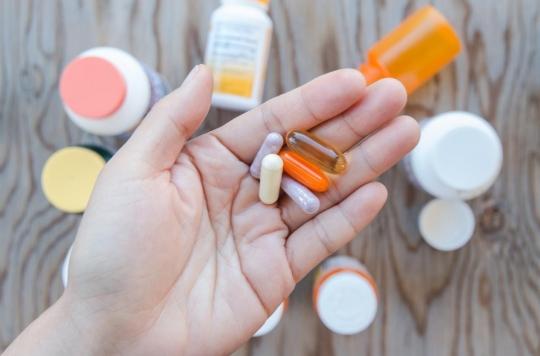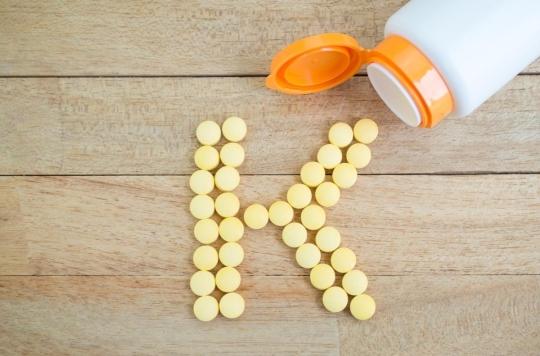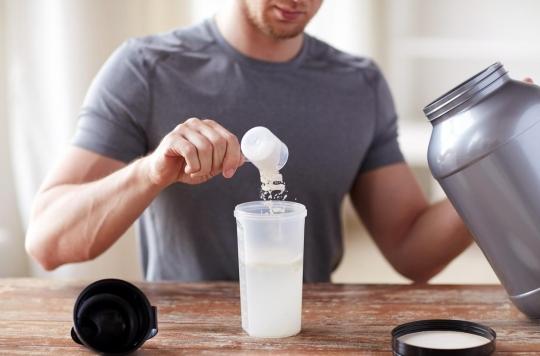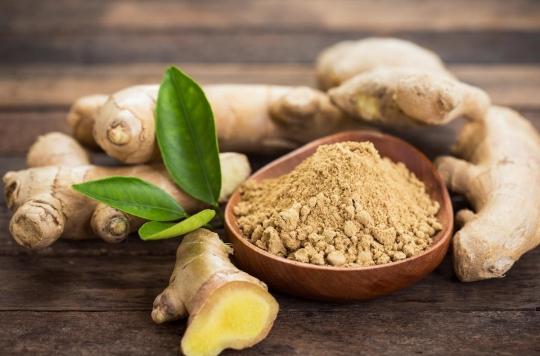The magazine 60 Million consumers reveals that less than 15% of the 132 products studied, which include non-prescription drugs and food supplements, are “recommended”.

- 60 Million consumers only recommend 10% of non-prescription drugs.
- Regarding food supplements, 55% are absolutely to be avoided.
The magazine 60 Millions de consommateurs investigated products that are among the most popular with the French: non-prescription drugs and food supplements. Products that “benefit from an image of efficacy and harmlessness”, notes the association in the magazine published Thursday, October 15. After studying 132 products, including 60 drugs and 72 food supplements frequently used to help relieve everyday ailments, it publishes the results which show that far from providing the expected benefits, these products would be dangerous for consumers.
10% of recommended non-prescription drugs
The choice of drugs and dietary supplements studied was not made at random. The magazine targeted those who are most used during the winter period to treat everyday problems: colds, lowered immune defenses, sore throat, anxiety or sleep disorders, stomach aches or even fever and pain. “Our methodology pointed to the presence of dangerous substances, the risks of side effects, interactions, excessive dosages, false claims, the absence of mention or logo indicating risks, the lack of clarity in the instructions”, immediately advances the magazine.
Most over-the-counter medications and dietary supplements would exhibit “an unfavorable benefit-risk balance” and “cause serious and even fatal problems”. In total, 60 million consumers recommend only 10% of non-prescription drugs. “A finding linked to the too frequent presence of substances with dreadful side effects, even on healthy people”, she specifies.
55% of food supplements absolutely to be avoided
Among the main risks associated with these products, the magazine suggests cardiovascular problems, liver damage and the effects of possibly carcinogenic or endocrine disrupting additives. Pseudoephedrine, used against the common cold, would lead to cardiovascular problems, for example. “Oxomemazine used for cough relief could cause seizures or risk of drowsiness”, she adds. Paracetamol is also singled out, especially when taken in excess or with alcohol, because it is harmful to the liver. “Paracetamol overdose is the leading cause of drug-induced liver transplantation in France.”, notes the association. Among the additives, the study points in particular to the antioxidant E320, E218 and E110 as being able, respectively, to be classified as carcinogenic, endocrine disruptor and causing allergic reactions.
Regarding food supplements, 55% should absolutely be avoided according to the magazine. For the rest, 25% “can be used for lack of anything better” and 20% are “advised”. In question, “many seemingly ‘innocuous’ substances can cause adverse effects without having demonstrated proof of their effectiveness.” Experts take the example of melatonin, present in more than half of the food supplements studied, which “may interfere with circadian rhythm or cause nausea, dizziness, and sometimes seizures”.
.
















-1606322068.jpg)
